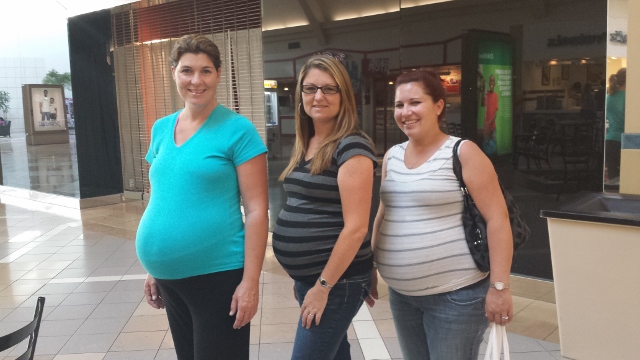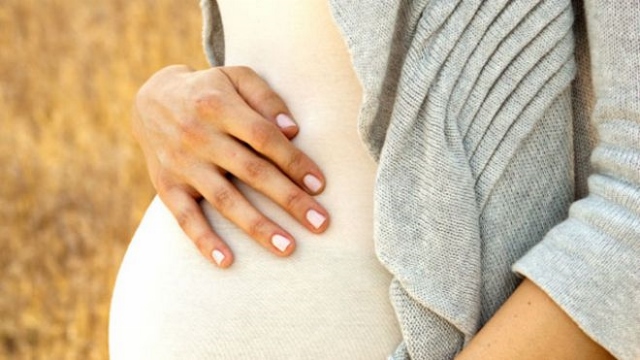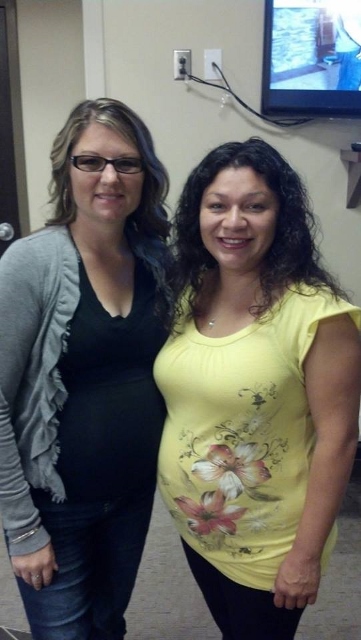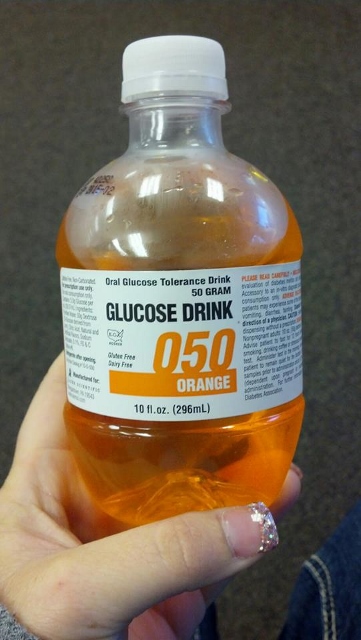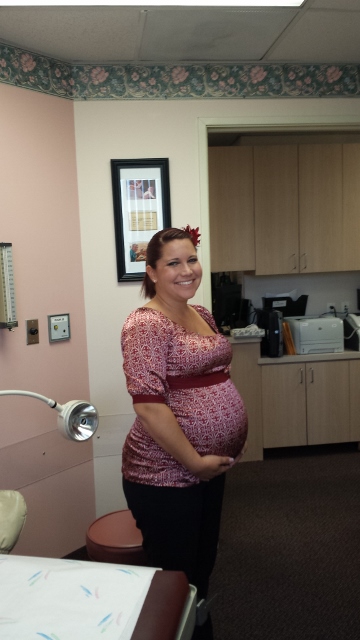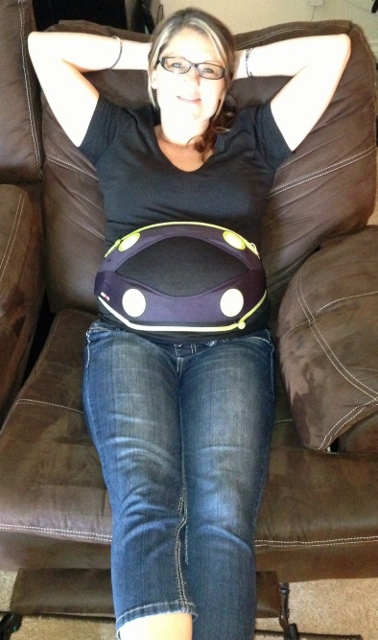
One of the many things I love about Dr. May with OCWMG is his ability to make you feel like you are his only patient. He takes his time and brings such comfort and warmth into the room. I saw him at Jennifer’s OB appointment last week and he shared a story with us that I want to share with you. We were discussing the process of the birth, literally, and he mentioned how the way the head is turned in the vaginal canal can affect the process in slowing things down, speeding things up and can even affect the amount of pain. He shared that his wife attended a birth of one of his patients who was a close friend and was watching him closely as she had not been present while he was working before. As soon as the head was present, he turned the baby’s head so he could suction the nose and mouth before the woman completed the birthing process of her precious baby. Afterwards, she asked her husband, “How did you know which way to turn the neck?” He smiled at her and said, “Knowing that is what I am paid for.” Dr. May has delivered more than 10,000 babies to date and he is not slowing down! Thank you, Dr. May, for your wonderful support of the many Building Families’ Surrogate Moms and Couples whom you have helped fulfill their dreams.
